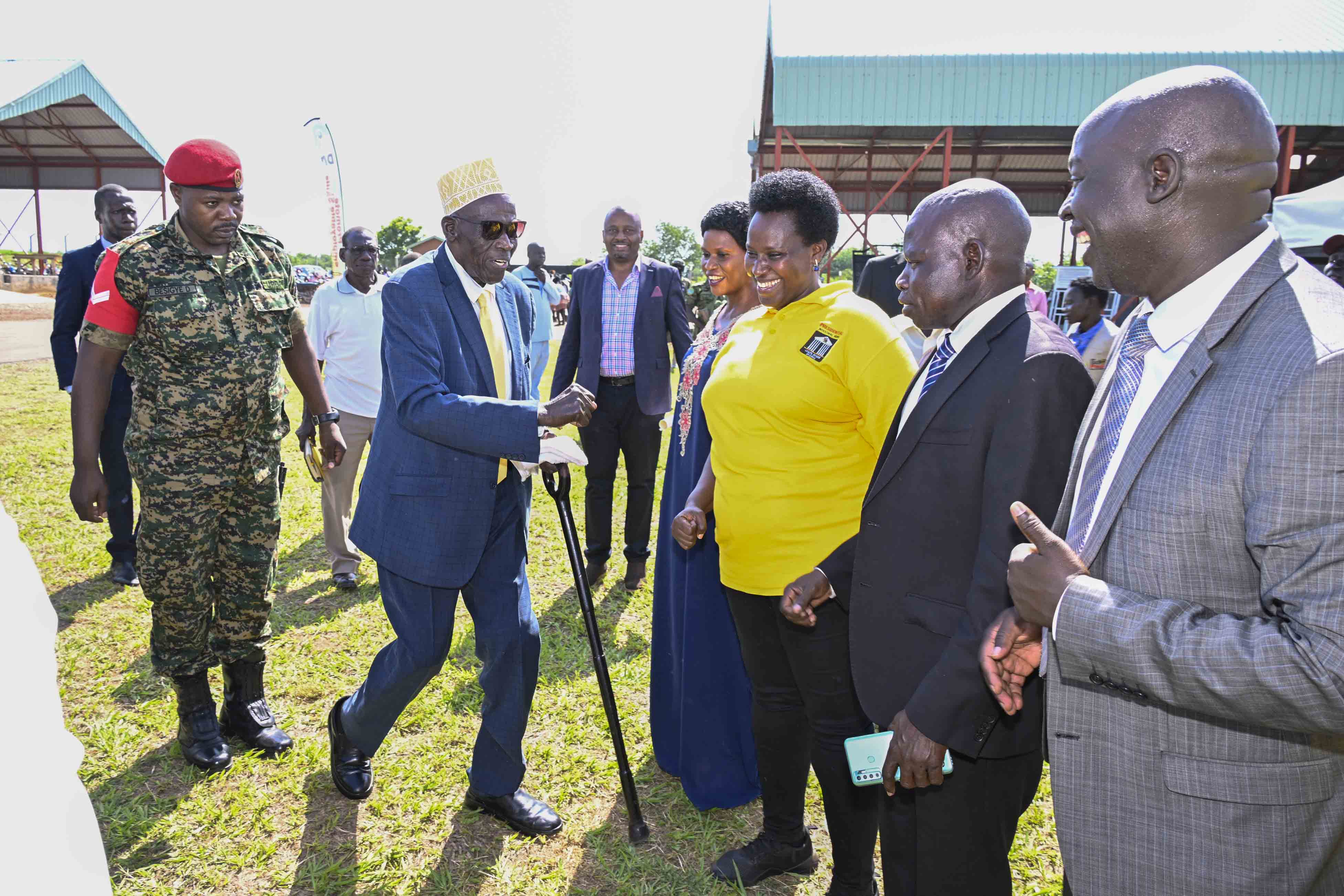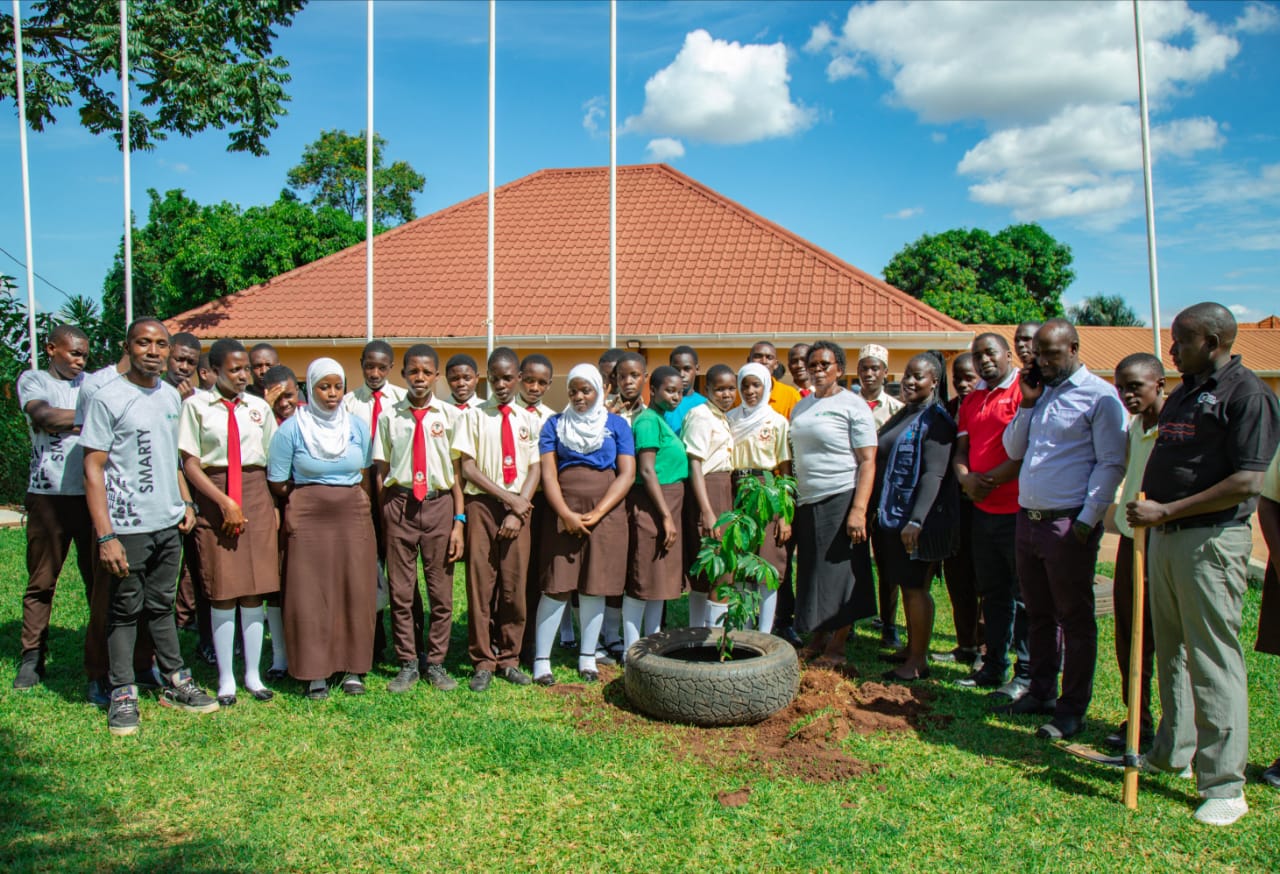Part 5: Kabaka Muteesa begins painful journey never to return alive
https://nilepost.co.ug/2019/06/23/part-4-obote-silences-buganda-warns-foreigners-against-helping-kabaka-or-face-consequences/
Idi Amin was the one sent to impact an assault on the Kabaka and the Kingdom by Obote. There is however theory that the former army commander became hero both sides.
Keep Reading
Amin in an interview with the BBC while in exile in Saudi Arabia, claimed that he helped Kabaka Muteesa escape to United Kingdom through Tanzania.
However, the generally agreeable theory is that with Muteesa determined to escape to exile, ordered his most trusted two guards; Johoash Katende and George Malo to dump their guns at a valley in Kampala. The three, driven in a vehicle by a one Dan Kamanyi, began a journey to Burundi, which would later climax in United Kingdom.
Muteesa arrived in Britain to a pauper life, far from the splendour of the Lubiri and genuflections of his subjects. He was only a passenger, or for lack of a better word, a commoner, who neither the Ugandan government cared to impress nor the British government bothered to sustain. Yet he had been a recognised President by both at one time.
Indeed, the plight of his stay in exile started biting in on the very first day, according to the Times Newspaper (August 11 1967), Muteesa spent the night in a lowly pub provided for by a friend.
The King didn’t have a single penny on him, a few subjects that recognised him gathered some resources and rented him a single bedroom house together with his two guards in Bermondsey, London.
Muteesa and his guards would soon tire from feeding hand to mouth, and applied for employment benefits from the Queen of England, but the money awarded by the British government was far too little ( 8 pounds a week) and preconditioned. The trio had to declare publicly, any gifts or donations from any other party.
Any other form of civil employment Muteesa sought was thwarted by the British government, as they claimed he was not suitable for employment. The Queen and her family deliberately avoided any form of meeting with Muteesa for fear of annoying the sitting Uganda government that was squeezing in on the Buganda King.
Obote back home was closing all pocket routes to Muteesa and threatening all sponsors. Many well wishers were snapped out of their intentions of helping Muteesa for fear of Obote’s wrath. And like that, the Kabaka was left bare in a free-falling spirit, stung by poverty, pained by betrayal, angered by mistreatment, disturbed by thought, locked out of action and restricted in movement to only around his tiny UK residence.
Obote was willing to crack the Kabaka and watch him fizzle, and the British gave him enough room for this. Former Buganda Kingdom Attorney General writes about Muteesa’s days in exile as thus;
So bleak was his condition that, at a meeting with the Secretary of State on May 10, 1968, Lord Boyd said that Sir Edward had had a mental break down and was suffering from delusions. Lord Boyd described his plight as “pathetic”. Of course, his mental state was not always like that. On many occasions he was jolly, notwithstanding his new circumstances.
Almost overnight, Muteesa had become a diplomatic nightmare and a thorn in Her Majesty’s Government’s (HMG) side. On top of their troubles with Ian D. smith in Rhodesia, Julius K. Nyerere in Tanzania, and Kenneth Kaunda in Zambia, the British Government was keen not to annoy Obote and his new Government. Yet at the same time, it was also under considerable pressure from Muteesa’s influential British friends to take good care of him. In the event, Her Majesty’s Government (HMG) chose to abandon Muteesa and support Obote.
It thus accepted Muteesa as a private citizen and not a political refugee. It refused to have any official dealing with him. This was regardless of the fact that Obote had violently abrogated Uganda’s independence Constitution and had the blood of many Ugandans on his hands following the attack on Muteesa’s palace on the cold night of May 24, 1966.
A memo from 10 Downing Street dated February 6, 1967 shows that the British Prime Minister, Harold Wilson, agreed with the Commonwealth Secretary that “any overt grant to the Kabaka could be politically embarrassing”. And, while the Prime Minister pondered discreet support from “secret funds”, this was rejected because his bureaucrats felt that “HMG had no moral or legal obligation to assist Muteesa”. Also, because they felt that “while the risks of detection would be slight, there was just a possibility that the Ugandans might guess the truth and this would seriously damage our relations with them”.
Thus HMG gave Muteesa no more financial assistance than it would to any other “destitute resident”.
Our next articles continues the review of Mutesa’s moments in exile.
The writer is a private contributor to Nile Post















